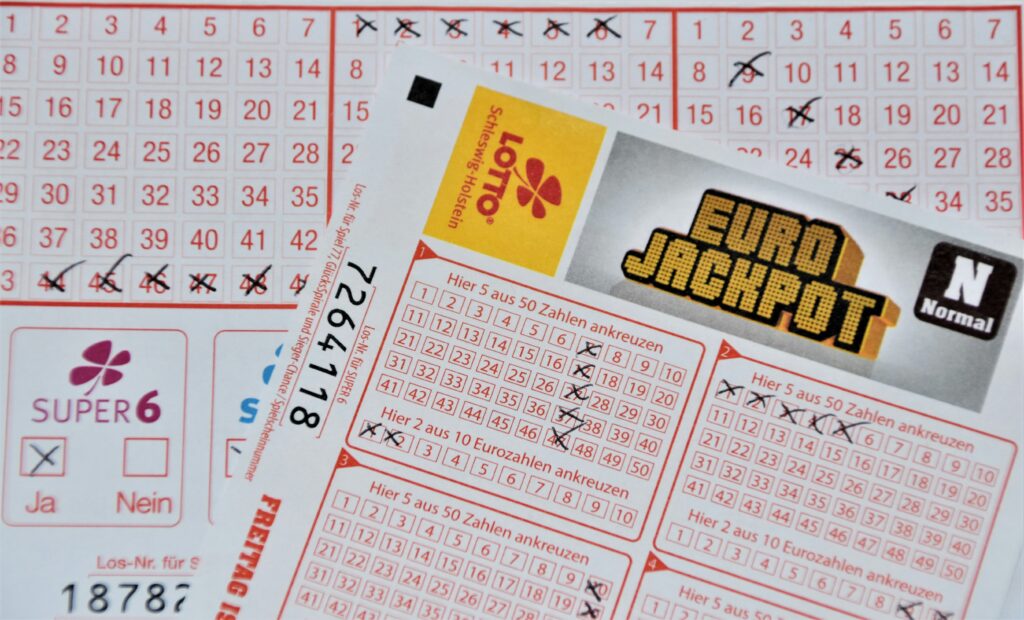Intro: Why Mistakes Matter More Than You Think
Jackpot games aren’t some magical coin flip. Sure, luck plays a role—but it’s not the whole story. What separates the hopefuls from the consistent players is how well they avoid the traps. One wrong move, one overlooked rule, one streak of chasing losses, and your chances dwindle fast.
Think of it this way: you might not be able to control the wheel or cards, but you can control how you play. This starts by knowing what not to do. From ignoring payout structures to falling for shiny promos with strings attached, the little things add up.
If you’re serious about giving yourself a real shot—whether you’re a casual spinner or chasing that life-changing pot—understanding these common missteps is your first edge. Get those right, and you’re already ahead of half the field.
Mistake 1: Playing Without a Solid Strategy
Too many players treat jackpot games like coin flips—fast, random, and driven by gut instinct. That mindset burns bankrolls. These games aren’t just about spinning and hoping. Underneath the flashy lights, there’s math, structure, and strategy. If you’re not planning, you’re playing at a disadvantage from the start.
Understanding odds, betting patterns, timing, and when to walk away can mean the difference between a quick loss and a real shot at the pot. It’s not about turning into a math genius—it’s about entering the game with intention. Set rules. Know when to bet big, when to play it small, and which games align with your risk tolerance.
Strategy doesn’t guarantee a win, but it pushes the odds a little more in your favor—and when you’re chasing jackpots, those little edges add up. If you’re serious about upping your game, take it to the next level here: Developing Your Jackpot Winning Strategy.
Mistake 2: Ignoring Game Rules and Payout Structures
The biggest blind spot? Assuming all jackpot games are created equal. They’re not. Each game has different odds, structures, and payout rules—and skipping the rule sheet is like playing with one eye closed. Whether it’s a progressive slot or a flat jackpot table game, the fine print changes everything.
Take progressive jackpots. The prize pool increases across a network of players, which sounds great. But usually, unless you’re betting the max, you’re not eligible for the full jackpot. Flat jackpots, on the other hand, offer fixed top prizes no matter your wager—but often with lower overall return-to-player (RTP) rates. If you don’t know what you’re signing up for, you’re leaving potential value on the table—every spin, hand, or roll.
Bottom line: Before you hit “spin” or take a seat, dig into the payout structure. Knowing the difference between a small edge and a sucker bet can make or break your long game.
Mistake 3: Chasing Losses Like a Rookie
Everyone hits cold streaks. The difference between seasoned players and struggling gamblers? Discipline. One of the worst moves in jackpot games—or any gambling, really—is trying to recover losses by ramping up your bets. That knee-jerk response leads straight into the bankroll spiral: chasing bigger wins to fix past mistakes, only to sink deeper.
Recognizing the spiral takes honesty. Signs include upping your bets without a plan, playing longer than intended, or telling yourself, “Just one more spin.” It’s not grit—it’s desperation in disguise, and it drains both your strategy and your funds.
Smart players treat stopping as part of the game. When the odds aren’t in your favor, walking away is a power move. It’s not quitting; it’s protecting your bankroll and your mindset. Jackpot games reward patience over panic. Know when to play, and know when to pause.
Mistake 4: Misunderstanding Volatility
Volatility isn’t just a buzzword—it’s the heartbeat of any jackpot game. High volatility games can be a thrill ride: fewer wins, but the payouts—when they land—can be massive. Low volatility, on the other hand, offers more frequent wins, just not the kind that’ll send you packing for a private island.
Too many players dive in without knowing what kind of game they’re dealing with. They burn through their balance chasing a big win from a low-volatility slot or give up early on a high-volatility machine that was never going to pay early. If you don’t know what you’ve signed up for, you’re not playing—you’re guessing.
High risk doesn’t always mean high reward. It means unpredictability. So figure out your bankroll and ask yourself: Are you here to swing for the fences, or build up a streak slowly? Pick games that match your risk tolerance and style. Volatility should work for you, not surprise you.
Mistake 5: Overlooking Promo Terms
Bonuses and free spins feel like hitting the jackpot before the game even starts. But here’s the catch—those flashy offers often come with fine print that eats away at your actual value. Wagering requirements are the big one. A 30x or 40x requirement doesn’t just mean playing more—it means you might have to spin your way through hundreds of dollars just to touch a small win you thought was already yours.
Worse, not all games contribute equally to clearing the wager. Some slots may count 100%, others only 10%, and table games often don’t count at all. That ‘generous’ bonus? It could quietly lock your real money balance while you work to fulfill terms that would stump a contract lawyer.
So what do you do? Scan the T&Cs before opting in. Look for wagering multipliers, max bet limits, restricted games, and expiration dates. If a bonus looks too good—and the fine print reads like a trap—it probably is. Don’t skip the reading. Smart players treat promos like tools, not gifts.
Mistake 6: Always Going for the Big One
Big jackpots are tempting—the headline numbers, the dream of an instant windfall. But chasing that one-in-a-million shot over and over? That’s how players burn through bankrolls with nothing to show. The truth is, not every game needs to be an all-or-nothing gamble.
Seasoned players know the value of stacking smaller wins. Games with modest payouts but higher odds of hitting can keep you in the game longer, help manage risk, and build momentum. These steady gains aren’t flashy, but they stack up. And when you’re playing the long game, that matters.
There’s wisdom in picking your spots. Save the big plays for when the odds—or the promos—are actually in your favor. The rest of the time? Aim a little lower, play a little smarter. Consistent progress eats wishful thinking every time.
Mistake 7: Playing While Distracted or Tired
This one’s dead simple: if your mind isn’t sharp, your bankroll isn’t safe. It’s easy to assume jackpot games don’t need full attention because they move fast and seem straightforward. But a single wrong click—in the wrong game, wrong moment, or wrong bet size—can wipe out hours of cautious play.
Mental clarity isn’t just for poker pros. Whether you’re spinning for millions or trying to build a slow-and-steady stack, staying focused matters. Distractions—phones, conversations, TV noise—can throw you off just enough to trigger mistakes. And if you’re playing tired, your decision-making drops, even if you think you’re still in control.
Want to stay locked in? Keep your sessions short. Set timers. Play when you’re alert, not at the end of a draining day. And always—always—take a moment before you click. The jackpot will still be there five seconds later.
Wrap-Up: What Smart Jackpot Players Always Do
The smartest jackpot players don’t wing it. They treat the game like a craft—studying patterns, sharpening strategies, and sticking to their bankroll rules. They’re not chasing every loss or falling for the shiny bait of every new promo. They trust the process.
Here’s what sets them apart: they know none of it’s instant. Sure, someone hits big once in a while. But serious players act like it’s a long game. They pace themselves. They understand risk versus reward. They sit out when the odds don’t line up, and they stay calm when others panic.
Bottom line? If you sidestep the mistakes we’ve covered, you’re already ahead of most. Winning big may still take time, but avoiding disaster is step one. Stay focused, stay sharp, and play with purpose. That’s how the pros do it.




